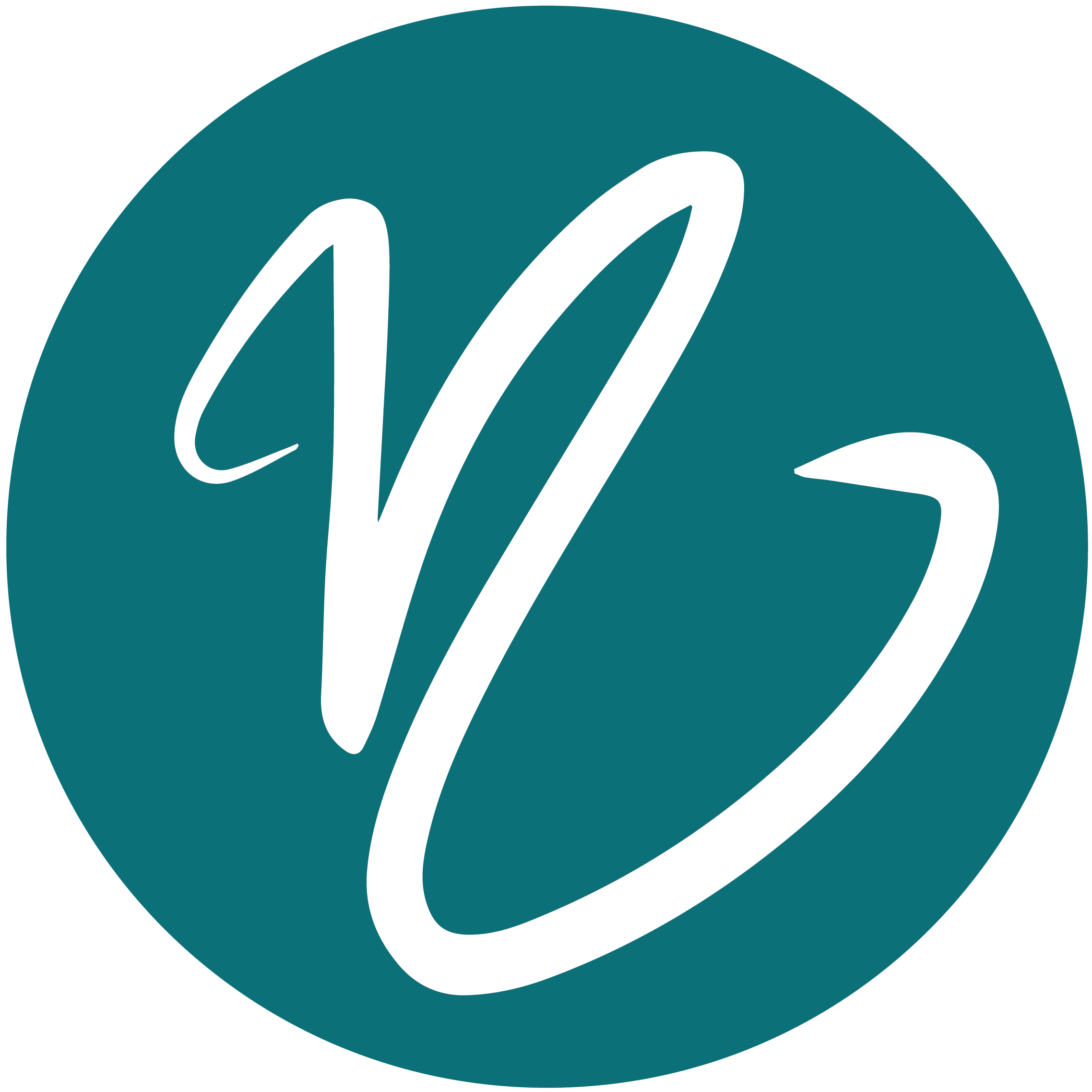A profile feature on Mr Vince Cobb, who has been at Syracuse since 1989, in the spring of 2024 for JNL 211 (Cross-Media News Writing).
A photo of Cobb with colleagues from "The Stand" still hangs in his Newhouse office today. (Photo: Nicole Cheah)
SYRACUSE -- It’s a little after 10 on a Tuesday morning, but the “Cage” – home to the Newhouse School of Public Communications’ millions of dollars of production equipment – is devoid of college students. Instead, the space is filled with about 30 seventh-graders, some tip-toeing in their crocs and others leaning against the walls, but all fixated on the elaborate set-up of cameras and lights in front of them.
In the center of it all is Cage manager Vincent Cobb. One by one, he invites volunteers to sit in front of the cameras and get interviewed by classmates. For 60 seconds, the 12-year-olds assume the personas of movie stars, talk show hosts, and bestselling authors.
For decades, Cobb has been on a mission to inspire local youths to pursue unconventional educational and professional paths. In addition to overseeing the Cage's technology, he regularly hosts programs with kids from the Syracuse school district. Shaped by first-hand encounters with bias throughout his life, he is especially passionate about advocating for youths from historically marginalized backgrounds.
“Everyone deserves opportunities in life,” Cobb said. “Who wants to live their whole life less than what they could’ve been, because people looked at you the wrong way?”
Originally from Warren, Ohio, Cobb moved to Syracuse in 1983, and has been at Syracuse University for over three decades. Growing up in the 1970s, he went to a predominantly white high school. Cobb still remembers beer bottles being hurled at him from white teenagers in pick-up trucks, friends’ parents criticizing racial integration in schools in front of him, and football teammates calling opponents derogatory slurs. It was these early incidents that made Cobb an advocate.
“I looked at those guys and said, ‘Do you realize I’m one of the people you’re talking about? The only reason you see me differently is because you know me. You don’t know these guys. And I believe that they are just as good as you are’,” he recounted.
Fresh out of high school, Cobb didn’t realize he could turn his long-time interests in math and science into a career. He planned to join the Marines, but a recruiter took note of his solid grades and advised him to pursue a degree instead. He went on to study engineering, spending his days at school, and evenings working a janitorial job at a steel mill to fund his education.
Wanting work outside his hometown, Cobb rung up engineering companies within a 360-mile circumference of Warren, eventually landing a job manufacturing military jamming devices for a Syracuse-based company. Having drained most of his savings on a car, Cobb arrived in Central New York with $200 dollars. For weeks he slept in his car at Thornden Park, then had short-lived rental stints at houses in the city’s North side, before eventually settling down in an apartment.
In 1989, Cobb joined Syracuse University as an engineer for the Information Technology Services department. Working with students on studio productions piqued his interest in media production, and he eventually began running classes on lighting grids and video systems. At the same time, he tutored local kids in science and math as part of an after-school program. Cobb was shocked that many of them were unfamiliar with the university.
“Even though they were right in the shadow of this school, they’d never even been to campus,” he said.
Cobb launched a TV program, “The Stand”, which paired Newhouse students of color with middle and high schoolers to produce news stories to be aired on what was then known as the Time Warner Cable. A framed photo of Cobb and his Stand colleagues still sits in his office today. Working with Syracuse’s Higher Education Opportunity Program, Cobb also hosted campus visits for local kids. He’d spend Saturday mornings with them as they threw frisbees at the quad, or played basketball at the Barnes Center.
Over the decades, Cobb has interacted with thousands of students. It was during one such conversation that he came up with the name for the Cage – then called Equipment Access – named after the steel door that used to barricade the area.
Senior Bibiana Snyder, from San Jose, Costa Rica, has worked with Cobb at the Cage since the fall of 2021. She sees Vince as a stern but loving fatherly figure.
“I really love Vince. He always supports his black employees especially – he shows them a lot of kindness and always reminds them how special it is to be black at a school like this,” the Magazine, News, and Digital Journalism major said. “He makes sure we’re not going through imposter syndrome or anything like that, which I so appreciate.”
Cobb recently applied for a fellowship for mid-level staff awarded by the Office of Diversity and Inclusion, which would secure funding for more of his outreach programs.
“It’s almost come full circle. Instead of me just playing football with them in the quad, now I can bring them in legitimately through the University,” he said.
“Society is better when you bring everybody up, and not just elevate a few people at the top.”
